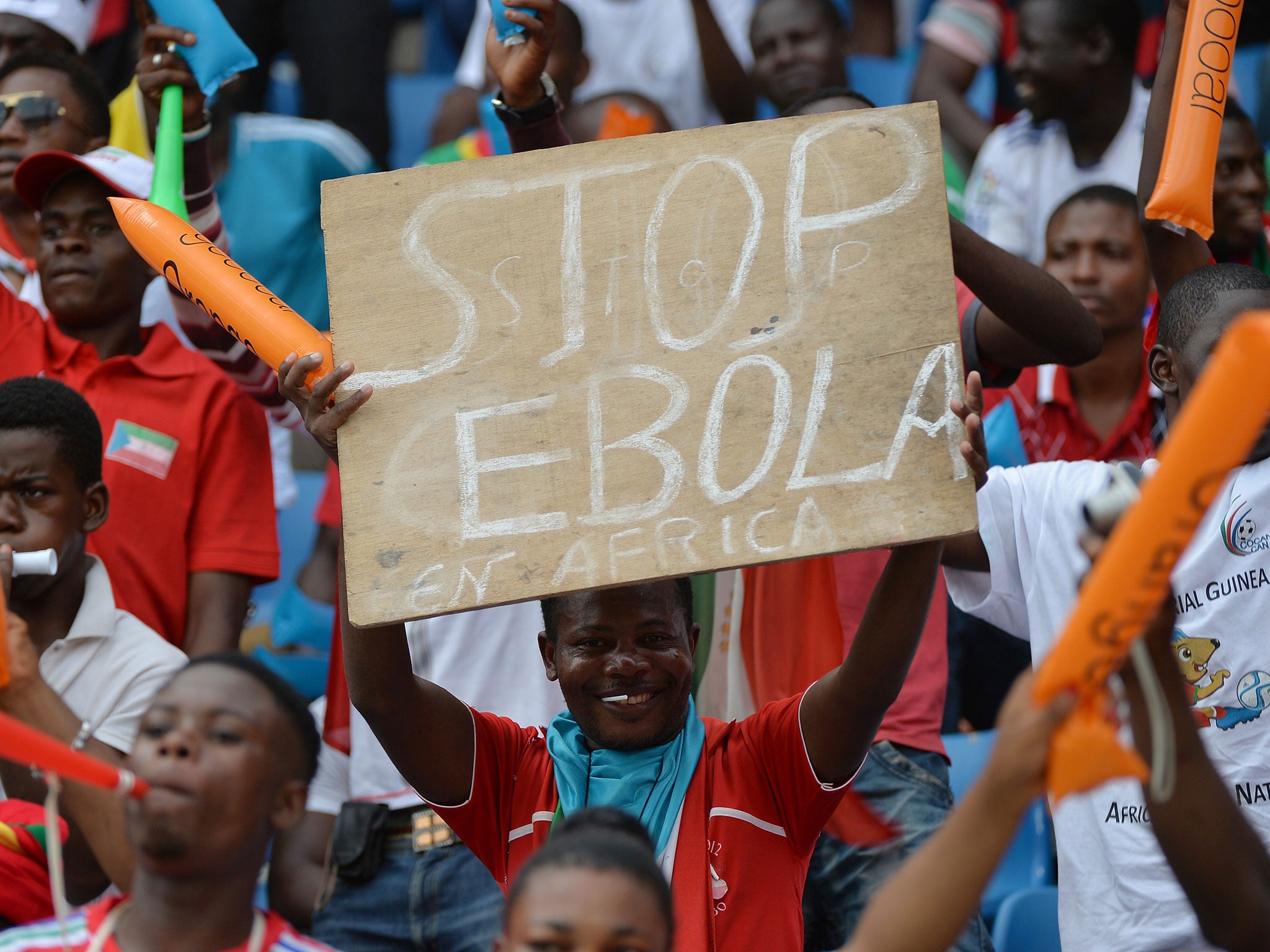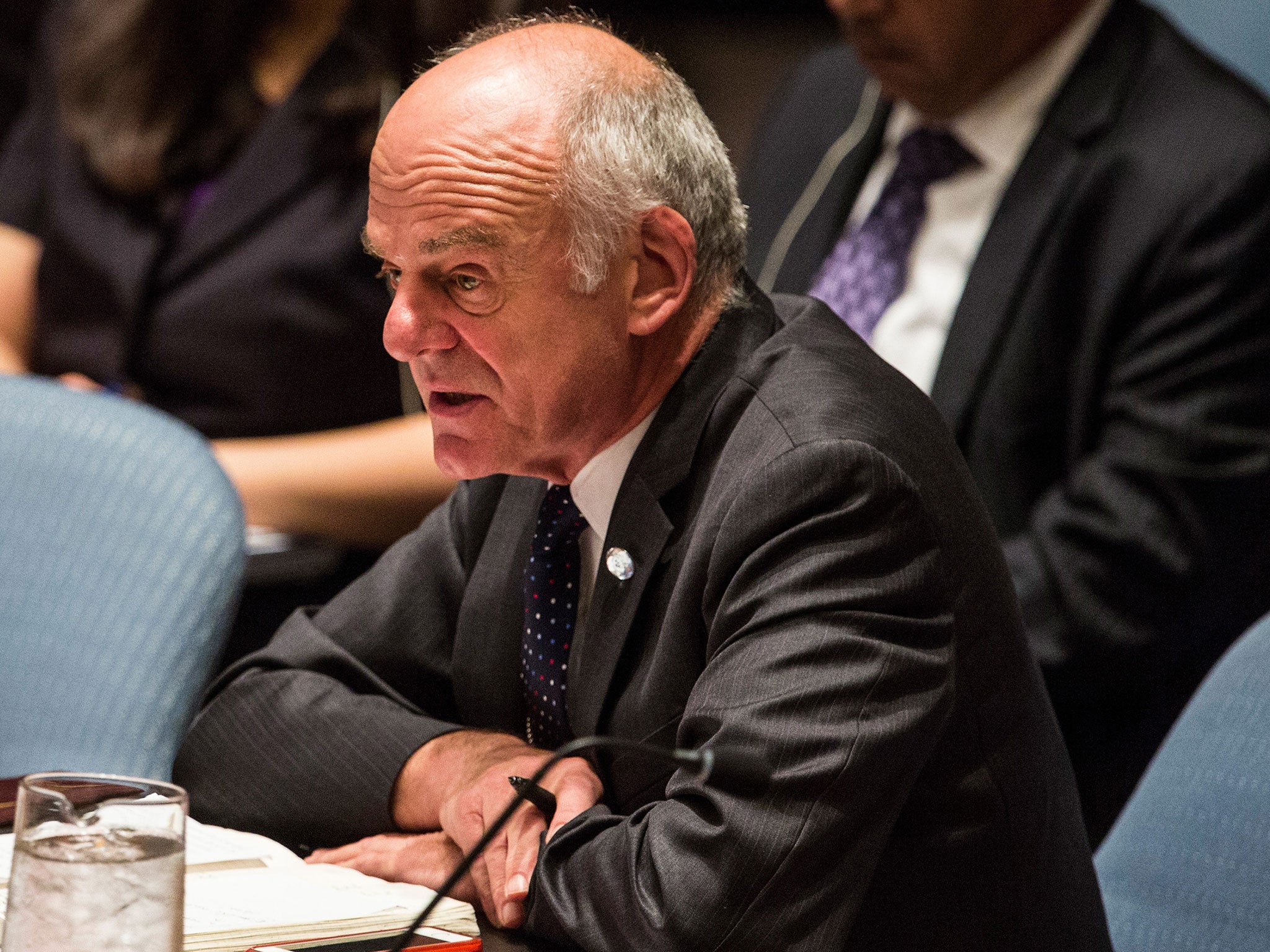Health chiefs plead for more Ebola funds in final phase of epidemic
World Health Organisation has only raised $90m of the $360m it needs

Your support helps us to tell the story
From reproductive rights to climate change to Big Tech, The Independent is on the ground when the story is developing. Whether it's investigating the financials of Elon Musk's pro-Trump PAC or producing our latest documentary, 'The A Word', which shines a light on the American women fighting for reproductive rights, we know how important it is to parse out the facts from the messaging.
At such a critical moment in US history, we need reporters on the ground. Your donation allows us to keep sending journalists to speak to both sides of the story.
The Independent is trusted by Americans across the entire political spectrum. And unlike many other quality news outlets, we choose not to lock Americans out of our reporting and analysis with paywalls. We believe quality journalism should be available to everyone, paid for by those who can afford it.
Your support makes all the difference.At the end of a week when the news from West Africa’s Ebola-hit countries had taken a positive turn, the World Health Organisation (WHO) warned yesterday that it was running out of funds for dealing with the epidemic.
“We run out of cash in mid-February, that is four or five months before that virus is going to stop in a best case scenario,” Dr Bruce Aylward, the WHO assistant director-general running the Ebola response, told a news briefing in Geneva.
The organisation has only raised $90m (£60m) of the $360m it needs to tackle the crisis in the next six months, Mr Aylward said.
The funding crisis comes at a crucial time in halting the spread of the epidemic, he added, as the region enters into its rainy season from April to May.
“If you go into wet season with this disease you are looking at another hard year or plus,” he said. In total there have been more than 21,000 cases of Ebola, and more than 8,600 deaths since the epidemic began.
His stark warning came as signs of a return to normal life began appearing this week, with the WHO announcing that numbers of new cases are dropping, with fewer than 150 reported over the past week.
Children in Guinea returned to classes after an extended closure, and Sierra Leone and Liberia announced that their schools would soon follow suit. Yesterday Sierra Leone, which still reports the highest numbers of new infections, lifted quarantines and restrictions on business trading hours in a bid to return some normality and economic improvement in the country.
“Each of the last three weeks has been the most promising we’ve seen so far, the message is reductions in all places,” Dr Christopher Dye, the director of strategy in the office of the WHO director general, told the BBC.
“We’re looking to the end of the outbreak,” UN Ebola chief David Nabarro said, “to supporting swift recovery” which also means reinvigorating flagging local economies and ensuring that “health systems [are] being built back stronger in the affected countries and beyond.”

In Liberia, 300 vials of GlaxoSmithKline’s experimental Ebola vaccine were set to arrive yesterday, the first batch ahead of the first large-scale vaccine trials, initially targeting healthcare workers on the frontline. Up to 30,000 people are ultimately expected to be enrolled in the trial, with around a third receiving the GSK vaccine, which uses a chimpanzee cold virus to deliver genetic material from the Zaire strain of Ebola.
It is currently being tested in Britain, the United States, Switzerland and Mali with 200 healthy volunteers in total.
“Initial phase 1 data... is encouraging and gives us confidence to progress to the next phases... which will involve the vaccination of thousands of volunteers, including frontline healthcare workers,” said Moncef Slaoui, GSK’s global vaccines chief.
The vaccine has added to the view that the end may be in sight, but practitioners have been careful to sprinkle their optimism with caution, and make it clear that being on the right path isn’t the same as being at the end of the epidemic.
This week, Jeremy Farrar, director of Britain’s Wellcome Trust, the international medical charity, told Reuters that the epidemic would have “a long and bumpy tail”.
“I can’t say how long it will take, but it is that last part of getting down to zero that might be the most difficult.”
Join our commenting forum
Join thought-provoking conversations, follow other Independent readers and see their replies
Comments